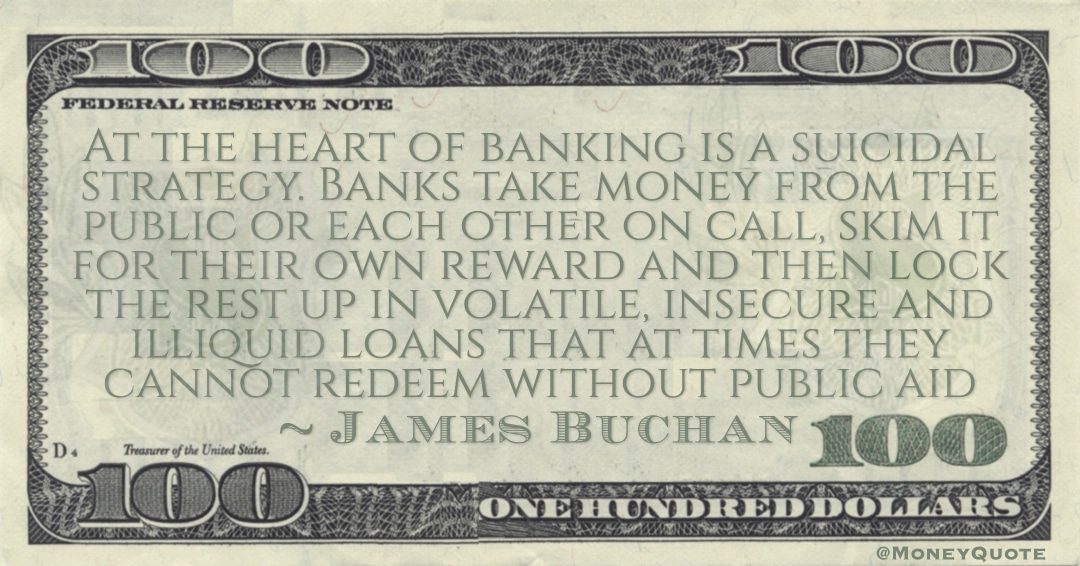Posts Tagged ‘james buchan’
James Buchan: Foreign Aid Workers
on Monday, August 8, 2022Meaning of James Buchan Money Quote: saying that foreign aid people can overburden damaged economies by being consumers. James Buchan said:

“By pouring money and goods into devastated regions, foreign aid workers sometimes compound the disruption and debauch the survivors” — James Buchan
In this quote, James Buchan seems to be cautioning that while well-intentioned, some foreign aid efforts in disaster or conflict zones can unintentionally do more harm than good. Some key points:
- He notes that flooding damaged areas with a surplus of money and goods from aid workers can “compound the disruption” of the situation.
- Buchan suggests this influx of resources without coordination or understanding of local needs/systems can increase chaos and disorder beyond what already exists.
- The quote also implies the overabundance of aid can “debauch the survivors” – meaning corrupt their character or values through distorting local economies in an unbalanced way and fostering dependency.
Overall, Buchan appears to be conveying that foreign assistance requires careful planning and partnership with local groups to avoid exacerbating problems in crisis regions. Simply dumping excessive supplies can undermine recovery efforts if not properly tailored and integrated according to his perspective on ensuring aid does no unintended harm or damage to dignity. Strategic targeting is important to true help according to this view.
James Buchan: Suicidal Banking
on Tuesday, May 25, 2021James Buchan Money Quote saying bankers commit dangerous and self-destructive things that put their depositors at risk. James Buchan said:

“At the heart of banking is a suicidal strategy. Banks take money from the public or each other on call, skim it for their own reward and then lock the rest up in volatile, insecure and illiquid loans that at times they cannot redeem without public aid” — James Buchan
In this quote, author James Buchan is critically analyzing the business model of banking. He suggests that at its core, banking relies on a “suicidal strategy” where funds are borrowed short-term from depositors or other banks but then invested long-term in risky loans that may become illiquid or default.
Buchan implies this mismatch of liquidity leaves banks vulnerable if depositors demand their money back all at once, requiring public bailouts at times to avoid collapse.
Overall, the quote portrays skepticism of a system where banks leverage public trust in unstable assets for private “reward”, while taxpayers bear the costs when risks materialize. Buchan seems to be calling attention to potential instabilities in how banks intermediate funds.
